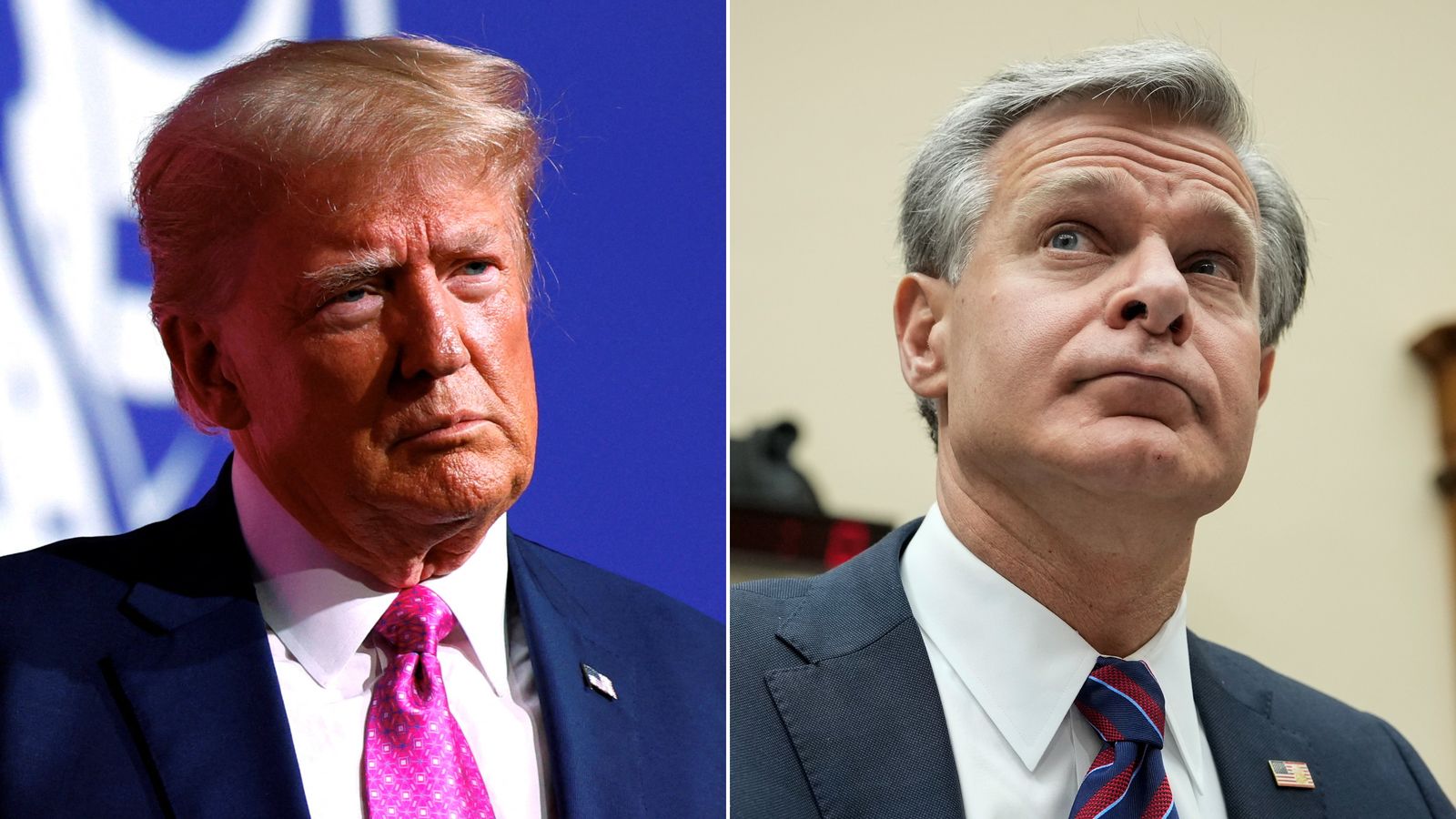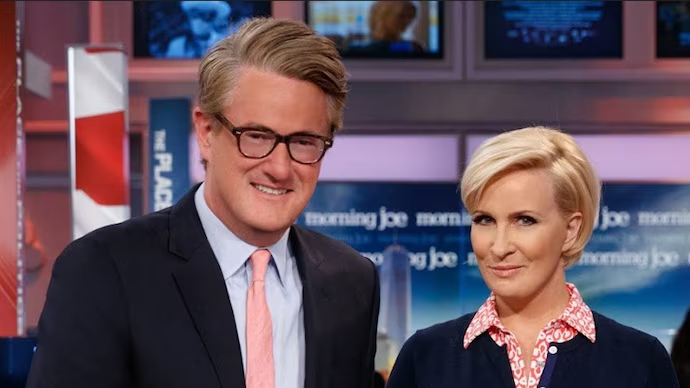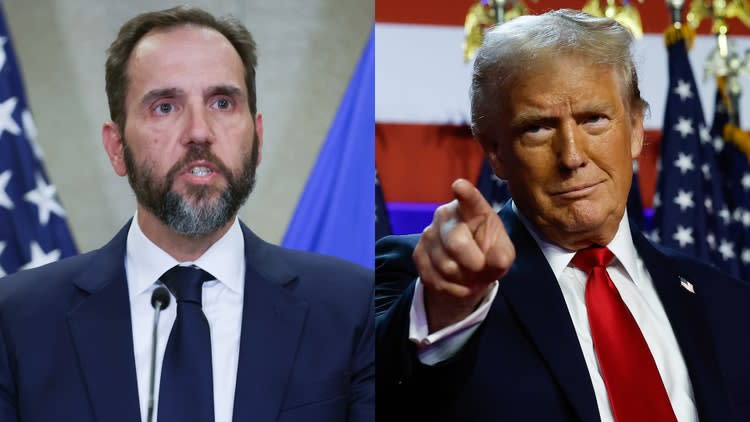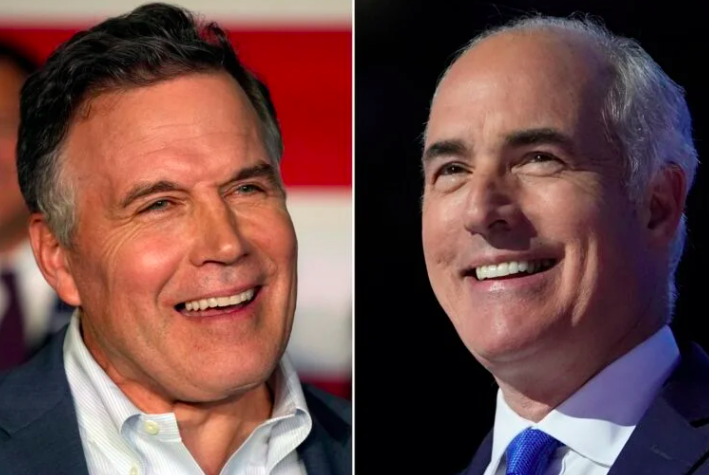Trump Sets Sights on Replacing FBI Director Christopher Wray
Former President Donald Trump is signaling his intent to overhaul the Federal Bureau of Investigation, targeting Director Christopher Wray as a key figure for removal. This move, part of Trump’s broader vision for reshaping the federal government if reelected in 2024, reflects a growing conservative dissatisfaction with the FBI’s leadership and perceived partisanship under Wray’s tenure.
A Controversial Tenure
Wray, appointed by Trump in 2017 following the firing of James Comey, has become a focal point of criticism among Republicans. Many conservatives argue that the FBI, under Wray’s guidance, has failed to maintain impartiality, citing examples such as the agency’s handling of investigations related to Hunter Biden and the alleged targeting of Trump allies. Critics view these actions as emblematic of a double standard within federal law enforcement.
Reports indicate that Trump and his team are planning to implement sweeping changes within the FBI, including replacing Wray with a leader more aligned with their vision of a depoliticized and accountable agency. According to the Wall Street Journal, Trump’s advisers are actively discussing alternatives to Wray, emphasizing the need for leadership that prioritizes transparency and neutrality.
Conservative Concerns
Trump’s announcement resonates with a significant portion of his base, who perceive the FBI as an institution plagued by partisanship. High-profile investigations, including the raid on Trump’s Mar-a-Lago residence in 2022, have fueled allegations of bias. Conservative commentators argue that such actions demonstrate the FBI’s transformation into a political tool rather than a neutral enforcer of the law.
According to Off the Press, many Republicans view Wray’s leadership as emblematic of systemic issues within the agency, including a lack of accountability and a tendency to shield politically advantageous figures from scrutiny. Trump’s strategy to replace Wray aligns with his broader promise to “drain the swamp” and restore public trust in federal institutions.
The Road Ahead
While Trump’s plans to remove Wray have galvanized his supporters, they are likely to face resistance from establishment figures in Washington. Wray himself has defended the FBI’s integrity, asserting that the agency remains committed to its mission despite accusations of political bias.
However, Trump’s determination to restructure the FBI signals a potential shift in the agency’s future direction. His approach reflects a broader Republican effort to challenge what they see as the weaponization of federal agencies. Conservative lawmakers have repeatedly called for investigations into the FBI’s actions, including its involvement in social media censorship and its role in high-profile political cases.
Broader Implications
Trump’s pledge to replace Wray highlights the ongoing friction between conservative leaders and federal institutions they view as compromised. This tension underscores a broader conservative critique of what they perceive as unchecked bureaucratic power that undermines the rule of law.
For Trump supporters, Wray’s ouster would mark a step toward restoring fairness in law enforcement. Yet, the move could also spark renewed debates about the independence of federal agencies and the extent to which political influence should shape their operations.
A Conservative Vision
The idea of replacing Wray is rooted in Trump’s broader strategy to dismantle entrenched bureaucratic systems and install leaders who prioritize transparency and accountability. Trump’s allies argue that the FBI, as currently structured, lacks the public confidence necessary to effectively carry out its mission.
As the 2024 election approaches, Trump’s focus on FBI reform serves as a rallying point for conservatives seeking to challenge what they view as liberal overreach in government institutions. The former president’s actions underscore his ongoing commitment to reshaping the federal government in a way that aligns with conservative principles of limited government and equal justice under the law.
Conservative Audience Response
For many conservatives, Wray’s removal represents an opportunity to address long-standing grievances with the FBI. Trump’s plans to reform the agency resonate with voters who see the current leadership as emblematic of deeper systemic issues. Critics argue that Wray has failed to adequately address concerns about bias, leaving the FBI’s credibility in question.
Trump’s strategy, however, is not without risks. Any effort to replace Wray would likely draw criticism from Democrats and establishment Republicans who view the move as politically motivated. Yet, for Trump and his supporters, the decision to pursue new FBI leadership is less about politics and more about restoring public trust in a pivotal law enforcement agency.
Looking Forward
Trump’s efforts to remove Wray and reshape the FBI reflect a larger conservative push to hold federal agencies accountable and ensure they operate without political bias. This move will likely remain a key issue in the 2024 campaign, serving as both a rallying cry for his base and a challenge to the entrenched bureaucratic establishment.
By targeting Wray and advocating for a restructured FBI, Trump is reaffirming his commitment to conservative values of fairness, transparency, and justice—principles his supporters argue are essential for restoring trust in America’s institutions.





